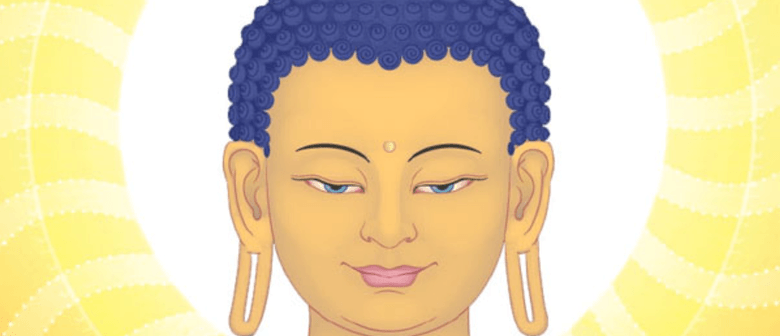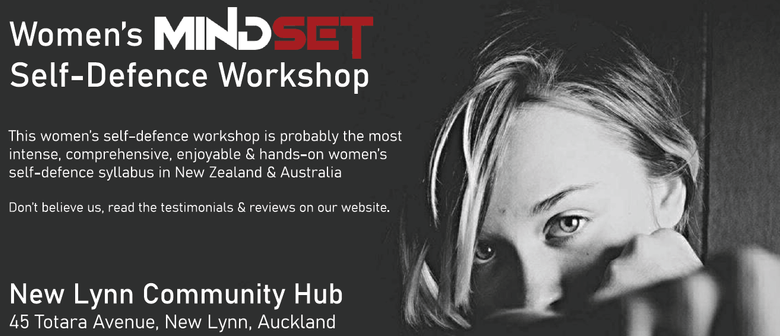Limitations of Selfishness, Vastness of Compassion
34 Dudley Street, Richmond, ChristchurchTicket Information
Restrictions
Website
Listed by
Geshe Nima Dorjee will run a teaching programme, that will be separated into three courses, whereby he will introduce three significant chapters from the eighth-century Indian master Shantideva’s ‘A Guide to the Bodhisattva’s Way of Life’.
Extracted from a review by John Pettit, he writes;
The Bodhicharyavatara (The Guide) of the eighth-century Indian master Shantideva is one of the great works of Buddhist literature. It has been translated into Western languages at least a dozen times in this century, and is already well-known to many students of Buddhism in its venerable translation by Stephen Batchelor, published by the Library of Tibetan Works and Archives as A Guide to the Bodhisattva’s Way of Life.
Shantideva’s masterpiece shows the way to transcend the limitations of selfishness and realize the boundless compassion of the Bodhisattva, whose only concern is the benefit of others. As the Padmakara translation notes, one of the greatest exemplars of the Bodhisattva’s way is His Holiness the Dalai Lama, who credits The Guide as his chief inspiration.
In the second chapter, titled “Confession,” he begins by making symbolic offerings to all the buddhas and bodhisattvas, and then declares: “Due to delusion, attachment, and hatred, I have sinned in many ways… Negligent and unaware of this danger, I have acquired many vices out of attachment to this transient life” (Wallace and Wallace). Neither translation shrinks from the use of the words “sin” and “evil,” which might conjure up unpleasant associations for anyone ever brainwashed with the teaching of Original Sin.
But whether we call them sins or not, Shantideva’s frank discussion packs a punch. Death, he observes, does not discriminate between old and young, healthy and ill; it descends like a thunderbolt. The specter of our actions looms large in light of mortality, and the choice is clear: shape up and strive for enlightenment, or be prepared to suffer the consequences.
In the ninth chapter, which in many places improves on earlier translations, Shantideva introduces the nature of wisdom, by explaining the meaning of shunyata, or emptiness. At the outset he declares, “Ultimate reality is beyond the scope of the intellect. The intellect is called conventional reality” (Wallace and Wallace).
The opinions of ordinary people, as well as the various levels of Buddhist philosophy, are gradually superseded as one advances in philosophical awareness, culminating in the view of the Middle Way, or Madhyamika, whereby everything is understood to be emptiness, or shunyata—the absence of own-being, true existence or self-sufficiency.
Programme:
The First Course will run for 7 weeks and cover Chapter 2 titled “Confession”.
The Second Course will run for 8 weeks whereby Chapter 6 titled “Patience” will be taught.
Finally, one of the most profound and sort after teachings, Geshela over 10 weeks will cover chapter 9 titled “Wisdom”.
For more information, registering your interest and or attendance please email: Christchurch.dhargyey@gmail.com.
The dates for the following two courses will be posted near to the end of the first course.
Cost: Koha
Registration: not necessary. An email would assist with notifying you if any changes are made.
Growing Compassion & Transforming Minds by PDDL.
We are a charitable organisation that is here for the benefit of others.
Log in / Sign up
Continuing confirms your acceptance of our terms of service.




Post a comment